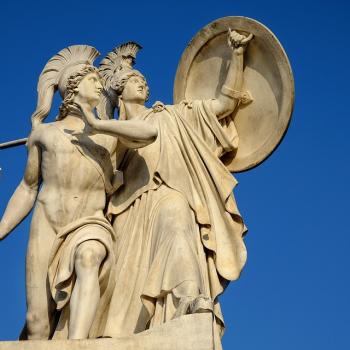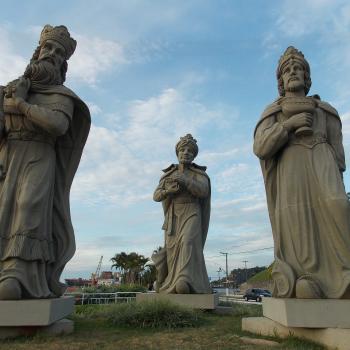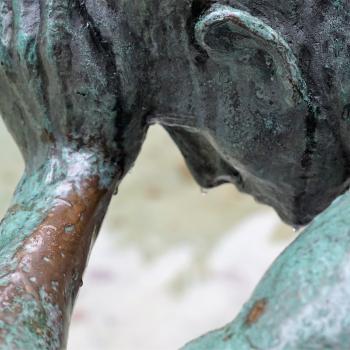 Every generation, as it ages, seems to feel that things have gone awry, that the world is fracturing, that order has become disorder in unredeemable ways. To the young, the world is fresh, and their powers are strong, and their visions are grand. The “disorder” we who are older might feel is “order” to them.
Every generation, as it ages, seems to feel that things have gone awry, that the world is fracturing, that order has become disorder in unredeemable ways. To the young, the world is fresh, and their powers are strong, and their visions are grand. The “disorder” we who are older might feel is “order” to them.
This may be one reason why the study of history appeals to people more as they age. History can be a dreadful bore when you’re fifteen; it’s a curiosity, maybe, when you’re twenty-four; it has any number of aha! moments when you’re thirty-six; and it’s downright meaningful when you’re, um, on the far side of fifty.
One of the most comforting things about studying history is to realize that, no matter our perceptions, we’re not on the edge of utter catastrophe… at least, not any more so than those of earlier generations. Take the fourteenth century as an example. Bad time to be alive, particularly in Europe. Let me count the ways: 1) a mini-Ice Age, triggering harvest failures, subsequent famine, and even reports of cannibalism; 2) war and more war, especially the Hundred Years War between England and France; 3) gross disappointment with church leadership, which was sold out to politics and power—evidenced in the Avignon papacy, the behind-the-scenes manipulations by heads of state, the multiplicity of popes and anti-popes claiming authority; and 4) deep hostility between church and states, including long years of papal interdict where large numbers of people were denied religious services as a punishment for their political leaders. Oh, and let us not forget: 5) Plague. The Black Death came through Europe in waves, decimating its population in places by nearly 50 percent.
Sounds a wee bit familiar? Climate change, violent conflict, church leadership fails, and church-state wrangling and mudslinging. We are lucky! No Black Death!
Makes all the World Vision mêlée, the Mozilla fiasco, and the Hobby Lobby battle fade in comparison, don’t you think?
I’m not diminishing the pain that these three recent events have caused and are still causing. And will cause. Just putting them in the bigger picture. When Rome fell, the world shook. “Rome? How can this be? The center of all that is civilized and orderly has fallen? The world must be coming to an end.” Augustine in a most unpithy (1000 or so pages) way took on this argument in City of God to dispel the notion that this singular event could overtake the divine plan; such events, no matter how earth-shattering to us, are just small episodes in the larger outworking of God’s purposes through history.
When we read 2 Peter 3, with its vision of the end, we too can ask in our own circumstances: “Since all these things are [being] dissolved in this way, what sort of persons ought [we] to be?”
It helps me to look at those who survived personal calamities and the cataclysms of their age. How did they answer that question?
And thus to the title of this post. Friends of God, a loosely associated community of people who found their way through chaos, via Christ. Next week I’ll give you some clues to their identity, their mission, and their methodology. They made it through the fourteenth century and, by God (meant truly, not frivolously), I’d like to be a Friend of God too, and thus make it through these days.
Photo courtesy ashokboghani, Flickr C.C.













